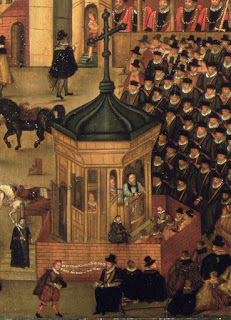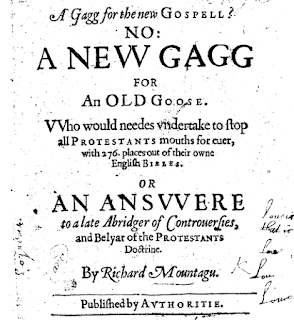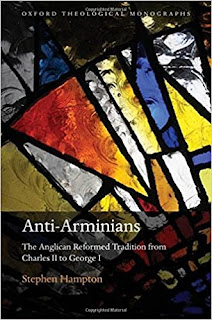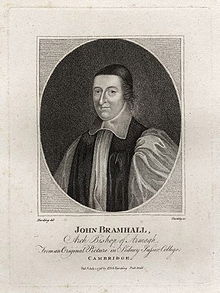"The nature of that future happiness": A Hackney Phalanx sermon for the Sunday after Ascension
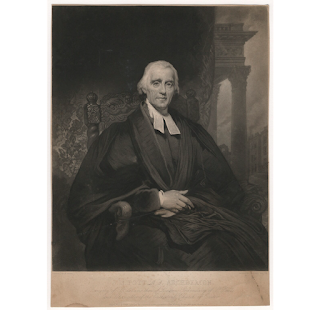
From A Course of Sermons, for the Lord's Day throughout the Year , Volume II (1817) by Joseph Holden Pott - associated with the Hackney Phalanx - an extract from a sermon for the Sunday after Ascension. Pott, reflecting an Old High spirituality which fostered gratitude for the ordinary blessings of earthly life and was deeply suspicious of an excessively ascetical discipline, points to earthly joys as an anticipation of heavenly delight: Our Lord's ascension into heaven, so newly celebrated in the Church, inclines us very naturally to direct the thoughts to that scene of glory into which he entered, and to which he hath promised to receive his faithful servants, who shall aspire to those everlasting realms of light and bliss ... Surely it is most injurious to the character of Christian hope, as it exists here, to say that its consolations and fruitions are fit only for those who have no worldly pleasures to engage their notice and attention, and no present satisfaction...
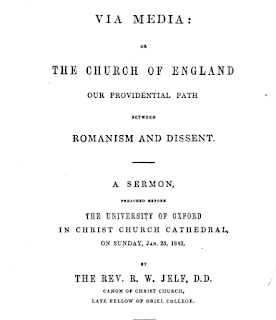

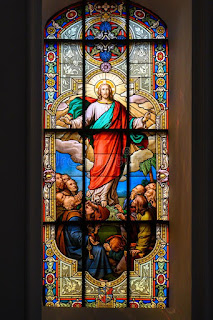
.jpg)


